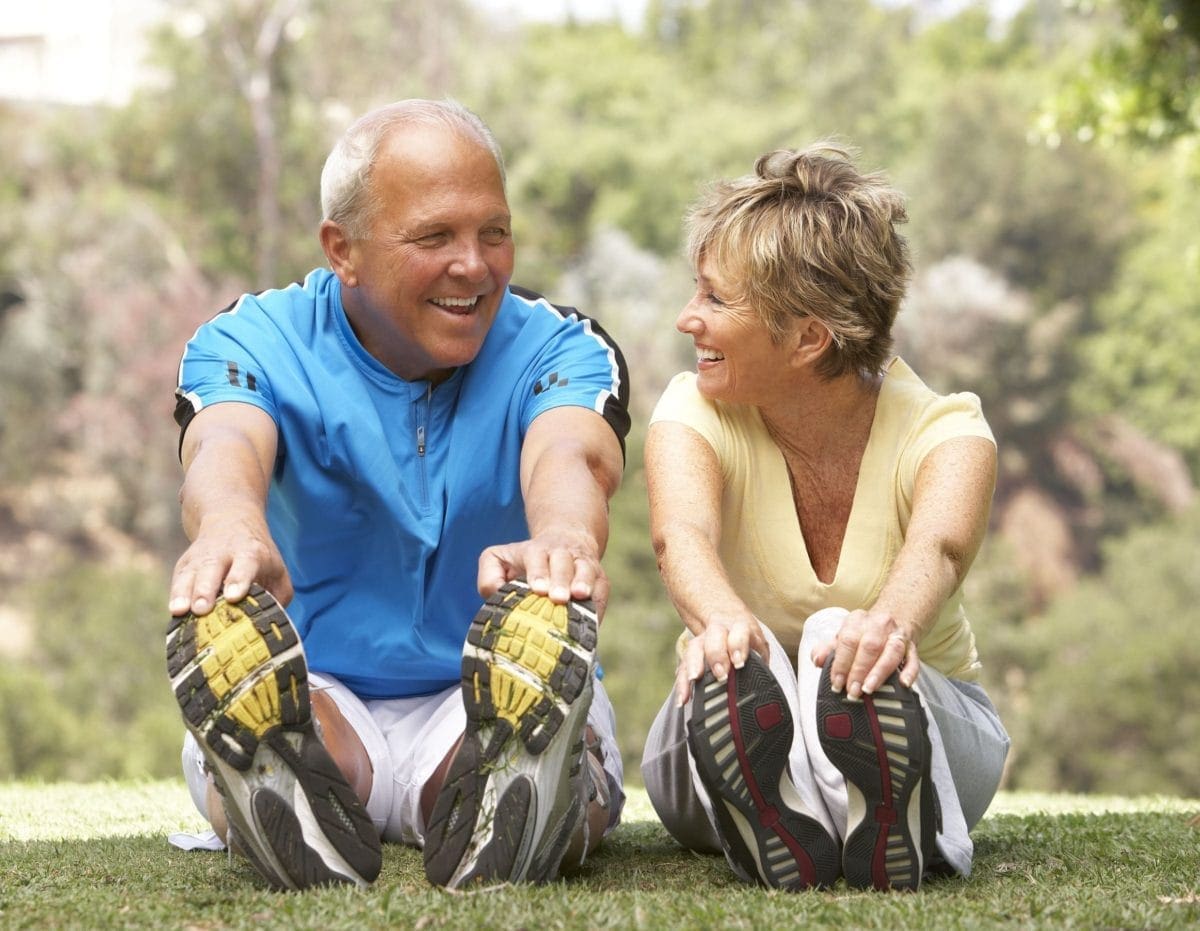Exercise can make a real difference for people who have diabetes. Exercise can help control your weight and lower your blood sugar. It also reduces the risk of heart disease. Heart disease is a common condition in people who have diabetes. Exercise can also help you feel better about yourself and improve your overall health.
Path to better health
Talk to your doctor about what type of exercise is right for you. The type of exercise you can do will mainly depend on whether you have any other health problems. Most doctors recommend aerobic exercise. This type of exercise makes you breathe deeply and makes your heart work harder. Examples of aerobic exercise include walking, jogging, aerobic dancing, or cycling. If you have problems with the nerves in your feet or legs, you may need to choose other exercises. Your doctor may want you to do a type of exercise that does not put too much stress on your feet. These exercises include swimming, cycling, rowing, or chair exercises.
No matter what type of exercise you do, you should warm up before you start and cool down when you finish. To warm up, spend 5 to 10 minutes doing a low-intensity exercise like walking. Then stretch gently for another 5 to 10 minutes. Repeat these steps after exercising to cool down.
When starting an exercise program, do it slowly. Gradually increase the intensity and duration of your workout as you become fitter. Talk to your doctor for specific advice.
Should I drink more fluids during exercise?
Yes. When you exercise, your body uses more fluid to keep you cool. When you feel thirsty, you may already be dehydrating. Dehydration (lack of fluid in the body) can affect your blood sugar level. Drink plenty of fluids before, during and after exercise. Be sure to drink water or sugar-free drinks so you don’t spike your sugar levels.
Exercise Checklist for People Who Have Diabetes
- Talk to your doctor about the right exercise for you.
- Check your blood sugar before and after exercising.
- Check your feet for blisters or sores before and after exercising.
- Wear the right shoes and socks.
- Drink plenty of fluids before, during and after exercise.
- Warm up before exercising and cool down after.
- Keep a snack on hand in case your blood sugar drops too low.
Things to consider
There are risks to exercising for people who have diabetes, but the benefits far outweigh the risks. Exercise changes the way your body reacts to insulin. Regular exercise makes your body more sensitive to insulin. This could cause your blood sugar to drop too low (called hypoglycemia) after exercise.
Your doctor may tell you to check your blood sugar before and after exercising. There are two ways you can control your blood sugar level every day. It can be done through a blood glucose monitor or a continuous glucose monitoring system. Talk to your doctor about which method is best for you.
If your blood sugar is too low or too high right before you plan to exercise, wait. It is better to wait until the level improves. Also, be sure to monitor your blood sugar if you exercise in very hot or cold conditions. Temperature changes how your body absorbs insulin.
When to see a doctor
Your blood sugar may be normal when you start exercising, but it may drop quickly during exercise. Be sensitive to this. Hypoglycemia usually occurs gradually, so you should pay attention to how you feel during exercise. If you have any of these symptoms, stop exercising:
- A significant change in your heartbeat that doesn’t feel right
- If you feel like your heart is skipping a beat or beating irregularly
- If you feel shaky or anxious
- If you suddenly start sweating more than normal
Follow your doctor’s advice on how to treat hypoglycemia. If you start to feel worse, call your doctor right away.
Questions for your doctor
- Am I healthy enough to start an exercise program?
- What type of exercises should I do?
- Are there any exercises I should avoid?
- Do I have any other health conditions that may affect my ability to exercise?
- Am I taking any medications that may interfere with exercise?
- How does exercise affect my blood glucose level?
- How does exercise affect my diabetes?
Resources
Centers for Disease Control and Prevention: Stay active!
National Institutes of Health, MedlinePlus: Diabetes and exercise







